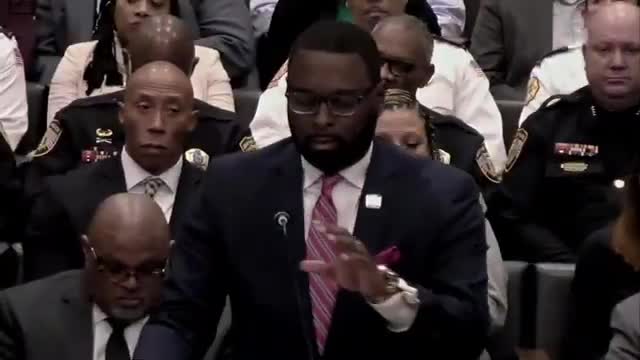Article not found
This article is no longer available. But don't worry—we've gathered other articles that discuss the same topic.
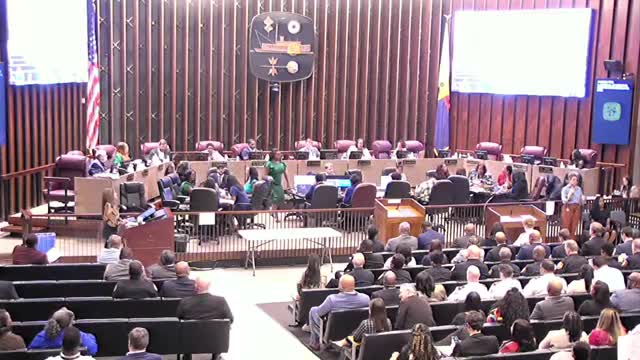
Votes at a glance: April 8 Memphis City Council — ordinances, approvals and same‑night minutes
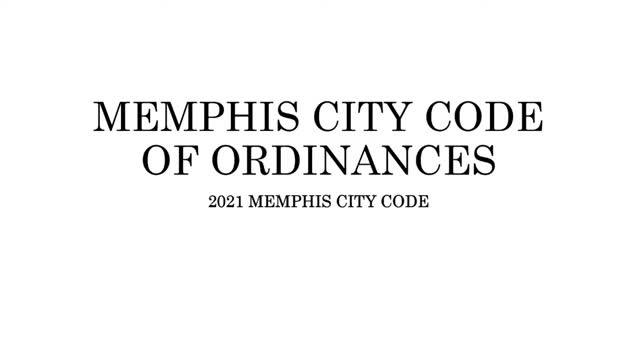
Council holds codification of alcohol ordinances for two weeks after members raise concerns about affected licensees
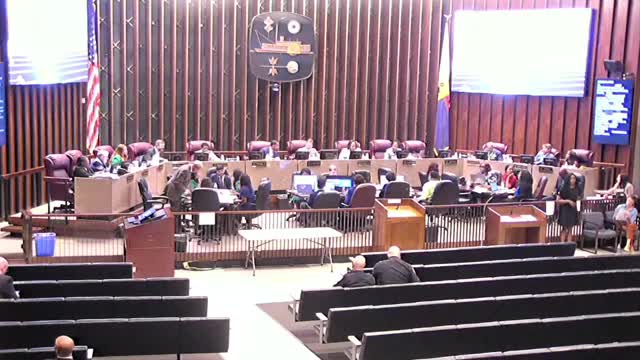
Council approves Cleveland Street Corridor TIF to fund redevelopment and community priorities
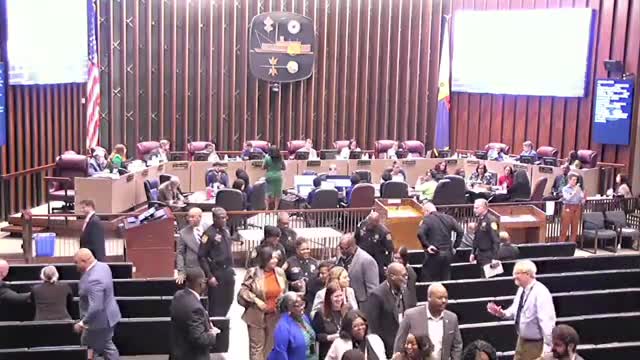
Council adopts elective neighborhood parking permit program limited to Uptown block after amendment
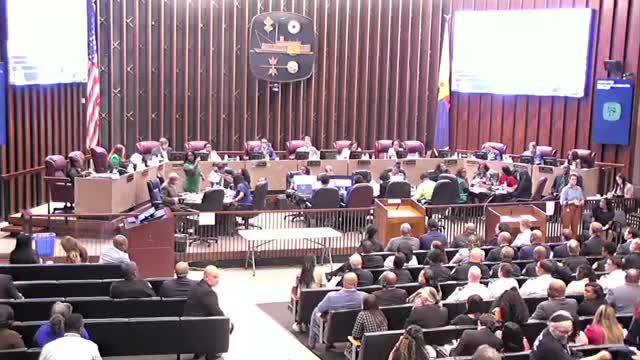
Council approves substitute ordinance to raise hotel‑motel tax to 4% for tourism development
